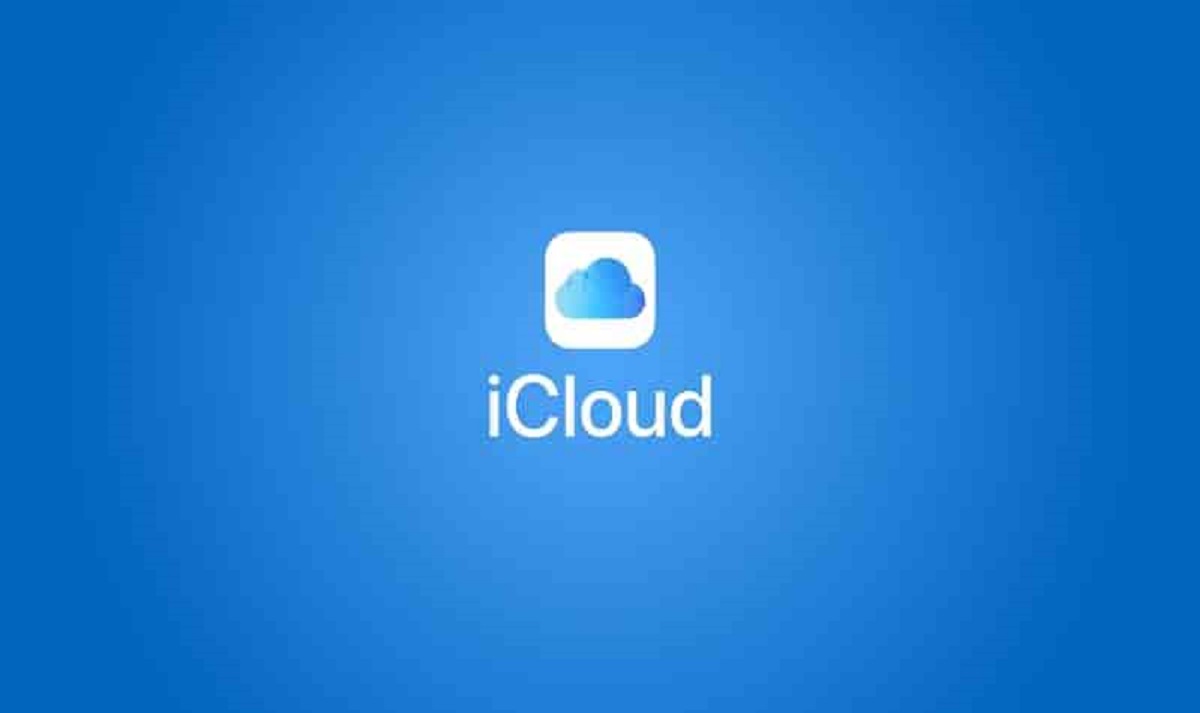
The iCloud service permits users to store and share files across multiple devices and platforms, including with other authorised users. It was announced at Apple's 2011 Worldwide Developer Conference on June 6, 2011, and entered as a service on October 12, 2011.
What is iCloud used for?
In addition to finding lost equipment, sharing web surfing status, sharing passwords, and synchronising standard personal information like mail, calendar, and contacts, iCloud allows users to locate lost equipment and share passwords easily between authorised devices. iCloud allows iOS devices, iPads, and iPod touches to be backed up.
What are its advantages?
a. Compatibility with iOS devices
Since it is part of the ecosystem of Apple devices, such as mobile phones, tablets, laptops, and computers, it perfectly complements Apple mobile devices, tablets, laptops, and computers.
b. Versatile Storage
In addition to videos, images, photos, movies, and documents, iCloud offers 5 GB of free storage when you sign up for iCloud. You can also store reminders, browser bookmarks, notes, books, and contacts.
c. Expandable Storage
It also offers accounts with more capacity and at quite affordable prices for the vast majority of users; these are 0,99 euros for the 50 GB storage plan, 200 GB for 2,99 euros and 2 TB for 9,99 euros.
d. Data Recovery
It helps save space on devices like the iPhone or Mac computers. It allows you to make backup copies. It has a function that allows users to track a lost iPhone.
How does iCloud differ from other cloud-based storage?
It does not integrate well with other platforms, such as Android, although iCloud can recently be accessed through the mobile browser or some other computer that is not a Mac. All the data that has been uploaded to iCloud must be connected to the Internet to access it. For example, Amazon EBS is useful for applications that require a database, file system, or raw block storage. In contrast, iCloud is described as a cloud-based service for storing and processing data.
How is iCloud dependent on AWS?
Despite being viewed as competitors, Apple and Amazon have an important partner when it comes to cloud computing. The tech giant pays more than $30 million per month to Amazon Web Services (AWS) for powering Apple's online services, including iCloud. In addition to Apple ramping up its services efforts, it has 1.4 billion active devices worldwide, more than 900 million of which are iPhones.
To focus on its core competence of "building great consumer experiences," Apple outsourced the plumbing of iCloud to avoid being a cloud provider.







